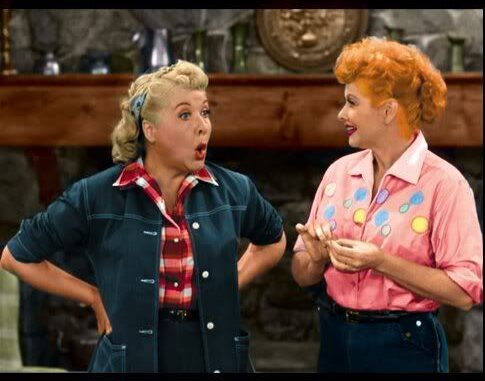
In the world of television comedy, few performers have mastered the art of physical comedy as brilliantly as Lucille Ball in I Love Lucy. While dialogue and script provided the framework for humor, it was Lucy Ricardo’s face, body, and exaggerated movements that truly made the show unforgettable.
Mastering the body to create laughter
Lucille Ball possessed an extraordinary ability to control her body. Every wide-eyed stare, scrunched-up face, or goofy gesture was carefully timed to land perfectly with audiences. Iconic scenes—such as Lucy struggling to swallow an oversized vitamin or stumbling inside a wine vat—are proof of her genius. For Lucy, comedy wasn’t only in the lines she delivered; it was in the way her entire body became a living, breathing instrument of performance.
Exaggeration as an art form
What set Lucy apart was her ability to turn ordinary actions into exaggerated sequences without ever losing charm. Whether it was a clumsy walk, a sudden fall, or an over-the-top facial expression, her comedy never felt forced. Instead, it radiated a natural grace that kept audiences hooked. Her balance between “too much” and “just right” established her as one of the true masters of physical comedy on television.
A universal “language” of laughter
Perhaps the greatest power of Lucy’s physical comedy lies in its universality. Viewers didn’t need to understand English or follow every storyline detail to laugh at her antics. A single look, a pratfall, or a clumsy gesture spoke louder than words. This made I Love Lucy not only a success in the United States but also a global phenomenon, long before the internet made cultural exchange easier.
The legacy of wordless comedy
Even decades later, many comedians cite Lucille Ball as an inspiration. From Jim Carrey to Rowan Atkinson (Mr. Bean), her influence can be seen in generations of physical comedy that followed. Lucy proved that “silent laughter” has a timeless quality—one that transcends borders and connects with people universally.
Conclusion
Lucy Ricardo was more than the lead in a famous sitcom—she was living proof of the power of physical expression in comedy. With her mastery of body language, facial expressions, and exaggerated movements, Lucy became a global icon whose laughter crossed all linguistic barriers and touched audiences around the world.
